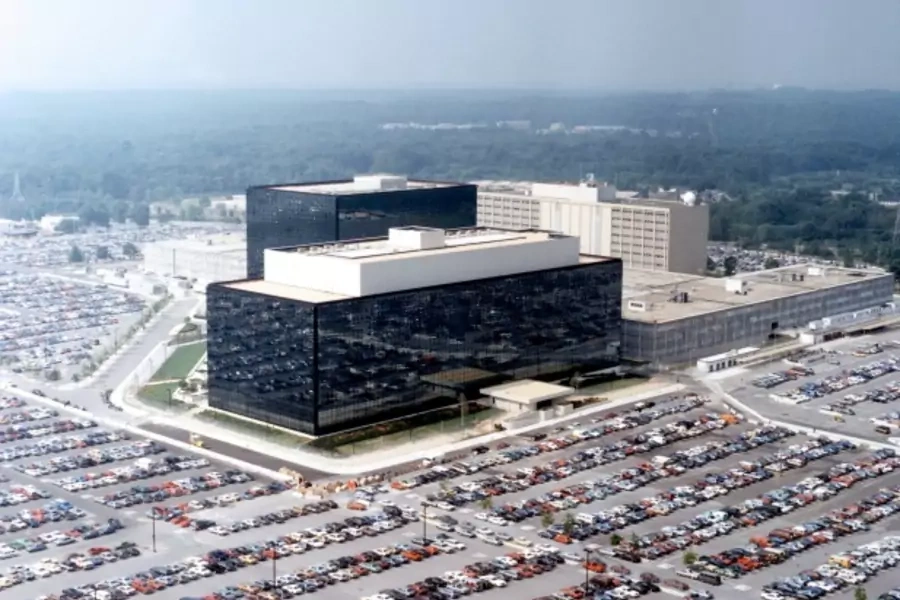Here is a quick round-up of this week’s technology headlines and related stories you may have missed:
- German news magazine Der Spiegel published more documents leaked by Edward Snowden. The documents show the NSA’s track record with decrypting popular encryption tools, such as Virtual Private Networks, PGP encryption, and TOR. While the fact that the NSA is trying to decrypt certain communications is not newsworthy in itself—it is a core part of its job after all—the fact that NSA can break encryption protocols that are so widely used, such as IPSec, SSH and TLS, will undermine trust in the global Internet.
- Some cybersecurity researchers continue to be skeptical that North Korea is responsible for the the Sony Pictures Entertainment hack. Marc Rogers, the head of security at DefCon, the annual computer security conference, claims that a Sony insider such as a disgruntled employee is more likely to have caused the damage given the hackers’ extensive knowledge of Sony’s networks. The cyber intelligence company Norse briefed the FBI on evidence they say points to an unhappy insider and a hacker group. While the FBI stands by its claim that North Korea bears responsibility for the incident, it seems they are not rejecting the insider theory either. According to the Guardian, the FBI is also examining whether North Korea had outside help.
- Gmail, Google’s e-mail service, was inaccessible in China for four days. While Gmail is nominally blocked in mainland China, Chinese Gmail users could still access the service using an e-mail client and the POP or IMAP protocols. Between December 26 and December 30, those work-arounds no longer worked. In reacting to the outage, a State Department spokesperson reiterated the U.S. government’s concern with China’s efforts "to undermine freedom of expression, including on the Internet." For its part, China’s Global Times newspaper was critical of the Western media’s reaction to the story, arguing that there was no evidence that the Chinese government was the cause for the downtime.
 Online Store
Online Store

